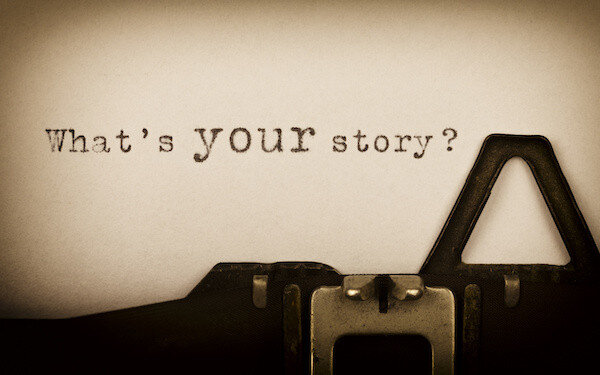How to write your first novel – 2) Write About What You Know
So you’ve decided you’re going to write a novel, and you’ve worked out how you’re going to fit it in to your hectic schedule. Congratulations, you’ve already done 70% of the emotional heavy lifting and the rest is just admin. Now it’s time to decide what you’re going to write about.
For lots of people it’s an idea for a book that has been brewing for months, years or maybe even decades. I’d been vaguely mulling over the concept for my first novel for ages, in a back-of-mind, hypothetical won’t-ever-actually-write-this kind of way. There was something fundamentally missing in the plot, which March 2020 delivered in the most unexpected of ways.
But anyway, that’s for another day. I’ve just started working on my third novel, and a few people have asked the age-old question ‘where do you get your ideas from?’ So that seemed like a fun question to answer, because you really can’t write a novel unless you know what it’s about.
There was a day last summer when I’d finished Book One and was thinking about Book Two, still agent-less and publisher-less and with no idea whether any book I wrote would ever see the light of day. But I was also enjoying writing and wanted to keep going, so it seemed worthwhile to take a step back and think about what life experience I could draw upon to make it richer to read and (let’s be honest) easier to write.
So I opened a Word document and wrote a list of all the things I knew enough about to write from the heart. For me this felt more authentic, and also avoided the time, effort and potential minefields of researching a place, profession or set of circumstances you know absolutely nothing about. I’m sure I’ll have to do that one day, but for now it seems wise not to make life more complicated than it needs to be. Particularly in a global pandemic where there weren’t many opportunities for research trips to the British Library, the Siberian tundra or Wolverhampton.
Anyway, this exercise took an hour and made me realise that I’ve led a long and colourful life, which is extremely useful. Here’s What I Know (I’ve left a bunch of awful life experiences off, because they’re guaranteed to harsh our collective writing buzz and I’m reasonably confident I’m never going to write about them anyway):
Military childhood/growing up abroad (particularly Cyprus)
Boarding school
Being a child of the 80s
Living in countryside/small villages
Wiltshire/Cotswolds/Bath/Norfolk/rural life
Living in the grounds of a school
Being a broke single teenage mother
Being a marginally less broke married 20-something mother
Being a (bad) PA
Marketing/advertising/copywriting/journalism
Casual jobs – retail, bars, selling ice cream, waterski instructor (no really)
Commuting/working in London
Getting married/getting divorced/being single in my 30s/living in the tragic singleton shared house
Blended families/positive post-divorce experiences
Having siblings
Owning dogs, especially labradors
Living on a narrowboat
Renovating a house
Playing tennis/going on tennis holidays – particularly Spain/Portugal
Interesting places I’ve been - Honduras, Tokyo, Singapore, Sydney
Eurovision/Strictly/Bake Off
Being on TV/radio
Baking
Getting a tattoo
Books
Being organised
Stuff I can technically do, but with minimal talent or conviction - ride a horse, ski, scuba dive, run 5k
I’m sure there are loads of things I’ll add to this list as time goes on, but it was a hugely useful and enlightening exercise. My first novel draws on lots of these – a military childhood, village life, sibling relationships, books, being organised, writing for a living, dogs. The second goes more in depth into some of these, and touches on some new ones.
So make a list, if you haven’t already. And if you have, feel free to share what’s on it!

